African formal dresses are known for their vibrant colors, bold patterns, and unique designs that reflect the heritage of the continent. Different regions in Africa have their own traditional clothing styles, and these are often incorporated into formal wear for special occasions. Offering a selection of African formal dresses plus size to petite will increase clothing sales for stores catering to African culture.
Types of African formal dresses
African formal dresses can include traditional designs as well as modern couture featuring traditional African textiles. Here are some examples of African formal dresses from various regions: Dashiki Dresses (West Africa): Dashikis are loose-fitting, brightly colored tops with traditional African patterns. They are often worn with matching skirts or pants for formal occasions. The patterns and colors of Dashiki dresses hold cultural significance and can vary between different West African countries. Kaftan Dresses (North Africa): Kaftans are long, flowing robes that are commonly worn in North Africa. These North African formal dresses are often made of luxurious fabrics such as silk or chiffon and are embellished with intricate embroidery or beadwork. Kaftan dresses are popular choices for weddings and other formal events. Kitenge Dresses (East Africa): Kitenge is a colorful fabric with vibrant patterns that is commonly used in East African countries. Kitenge dresses are often tailored in contemporary styles, such as maxi dresses, mermaid gowns, or A-line dresses, making them suitable for formal occasions. Aso Ebi Dresses (Nigeria): In Nigeria, Aso Ebi refers to a uniform dress that is traditionally worn by a group of people for special events like weddings. Aso Ebi dresses are often made from Ankara fabric, which is characterized by bold and colorful prints. South African Traditional Dresses: South Africa is known for its diverse cultures, each with its own traditional dress. For formal occasions, women may wear dresses made from traditional fabrics like Shweshwe or Xhosa-inspired designs, often adorned with beadwork and accessories. Habesha Kemis (Ethiopia and Eritrea): The Habesha Kemis is a traditional dress worn by women in Ethiopia and Eritrea. It is a long, flowing dress often made from white cotton fabric and adorned with vibrant embroidery. It is commonly worn for formal events, including weddings and religious ceremonies.
Choosing African formal wear
African formal dresses for weddings and other special occasions have elegance and cultural meaning. When looking for long African formal dresses and modern formal dresses that feature African fabrics to add to your selection, consider the specific cultural and regional influences, as well as the type of occasion your customers will attend.












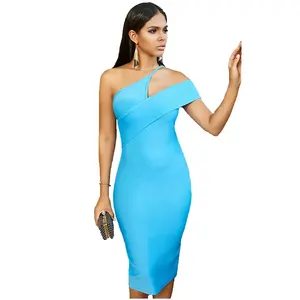
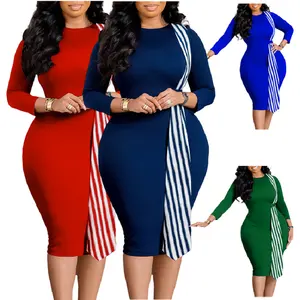


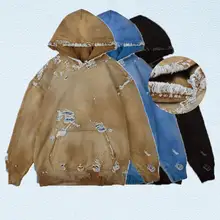
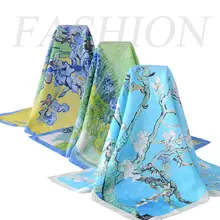

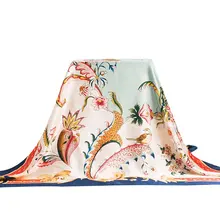
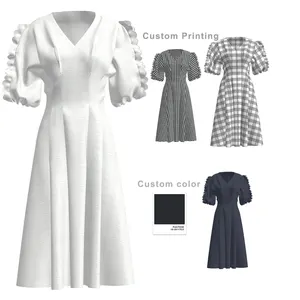


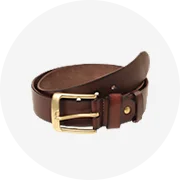

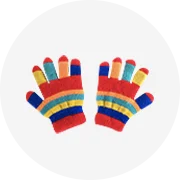
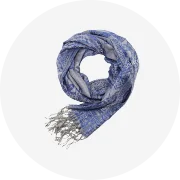


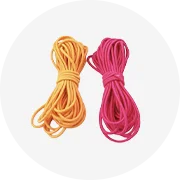

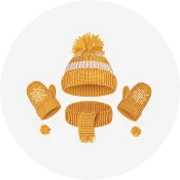


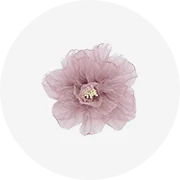
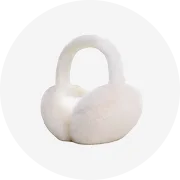


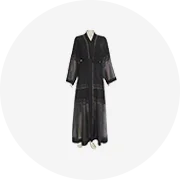








 浙公网安备 33010002000092号
浙公网安备 33010002000092号 浙B2-20120091-4
浙B2-20120091-4